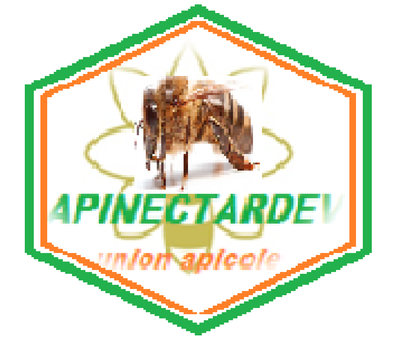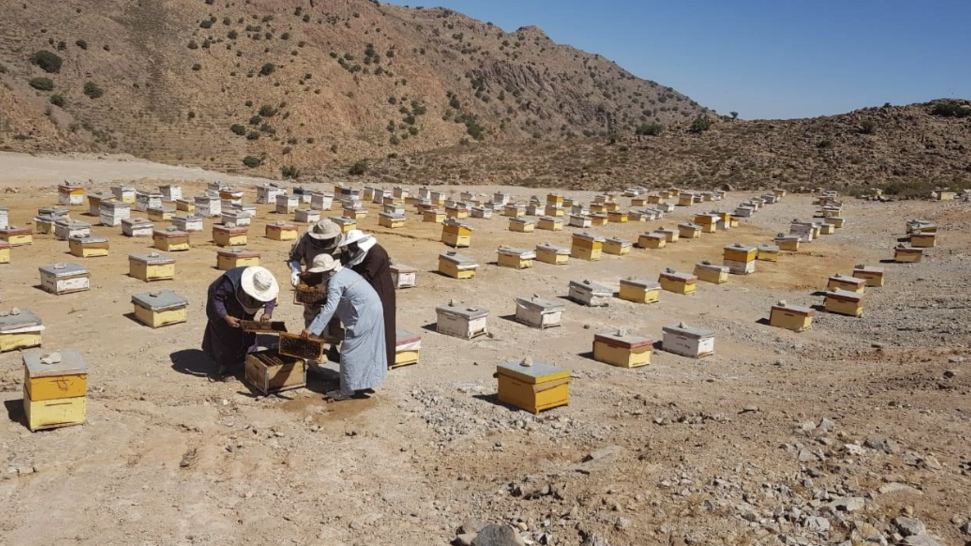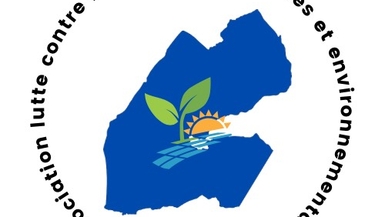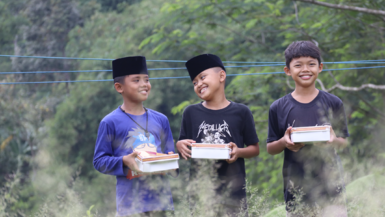Campaign Status
Ongoing Offline: The campaign is currently ongoing offline and, thus still in the process of collecting funds.
Summary
The campaign aims to establish small beekeeping projects to improve the economic situation and ensure a stable income for the population.
Challenge
The Western Small Atlas of Sus Massa (southwest Morocco) represents an important part of the biological diversity of the Mediterranean basin, being a biodiversity hotspot. However, in recent decades, the ecosystem of the Argan tree has been threatened due to excessive human exploitation, unregulated grazing, charcoal production, land degradation, climate change, and drought. This has increased pressure on the ecosystems in this region. The unique nature of Argan forests (Argania spinosa) – where the vast majority of Argan trees in the world are found in Morocco – is now seriously threatened due to a wide range of activities. The total forest cover in the area has decreased by about 50% over the past hundred years, with an average loss of 600 hectares annually.
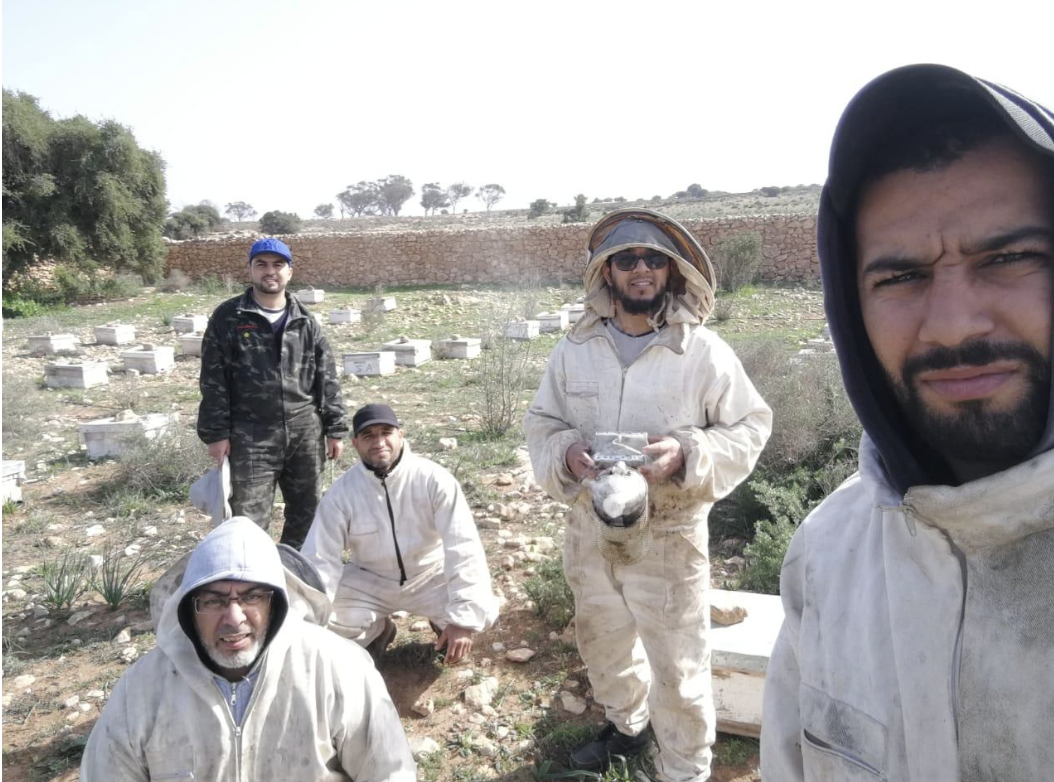
The decline in honeybee colonies (Apis mellifera) and the erosion of biodiversity are major challenges in rural and agricultural areas, especially in the Argan Tree Biosphere Reserve. The extinction of desert honeybees threatens the future of plant cover and forest cover in the Argan Tree Biosphere Reserve. Bees are essential contributors to the quality and stability of our food and therefore our health.
Despite the vital role of bees, beekeeping receives less attention than other livestock sectors, even though it faces significant challenges. In fact, agricultural developments have consequences on bee populations and wild pollinators. In addition, bee diseases exacerbate the problem and contribute to the collapse of bee colonies, along with the lack of training and knowledge among many beekeepers.
Solution
The long-term solution proposed by this project is to establish small beekeeping projects to improve the economic situation and ensure a stable income for the population, helping to reduce the indiscriminate exploitation of natural resources, especially the Argan tree. At the same time, it aims to pollinate vegetation through bees and contribute to protecting bees from extinction. The project aims to support the Moroccan government's strategies to conserve biodiversity and reduce the vulnerability of rural communities to climate fluctuations by relying on an innovative support system for the region's population to alleviate the pressure exerted on other natural resources and promote the main products of these environmental systems (Argan oil, Argan honey, etc.). The project will also lay the solid foundations for this strategic tool for land use and conservation throughout the region. The approach adopted for this project includes interventions to encourage and support a system of sharing roles and benefits of natural resources among biodiversity components: 1) the Argan ecosystem, 2) bees, and 3) humans. To protect and preserve biodiversity, humans need stability and income sources through beekeeping to protect and pollinate the ecosystem and produce hive products and pollen. By the way, pollination is not just a simple biological function of living organisms. It's the transfer and exchange of pollen but also a function of regulating natural ecosystems through the genetic diversity of insect-pollinated plant species. Thus, pollination is a service provided by natural ecosystems.
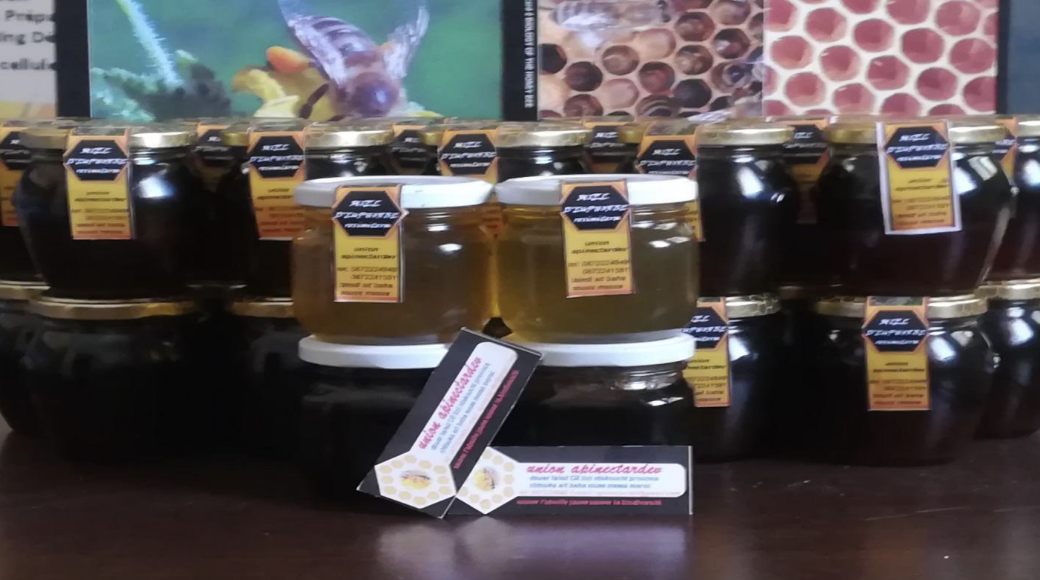
The project will achieve its main objective of conserving and protecting biodiversity. In this approach, there is a mechanism to reverse the loss and deterioration of the reserve's ecosystem while simultaneously assessing the main products of this ecosystem. (honey and Argan oil). The second mechanism is to develop beekeeping, protect bees, and produce honey. The third mechanism is to improve the income of local residents, combat poverty, create job opportunities, reduce migration, and achieve population stability. This approach aims to support the relaunch of collective bee migration within the Argan Biosphere Reserve areas to contribute to pollinating ecosystems, increasing production quantity, supporting local product marketing, especially honey (Argan) and other types of honey, as well as oil (Argan), which will greatly contribute to rehabilitating beekeeping as a cornerstone of the local economy.
